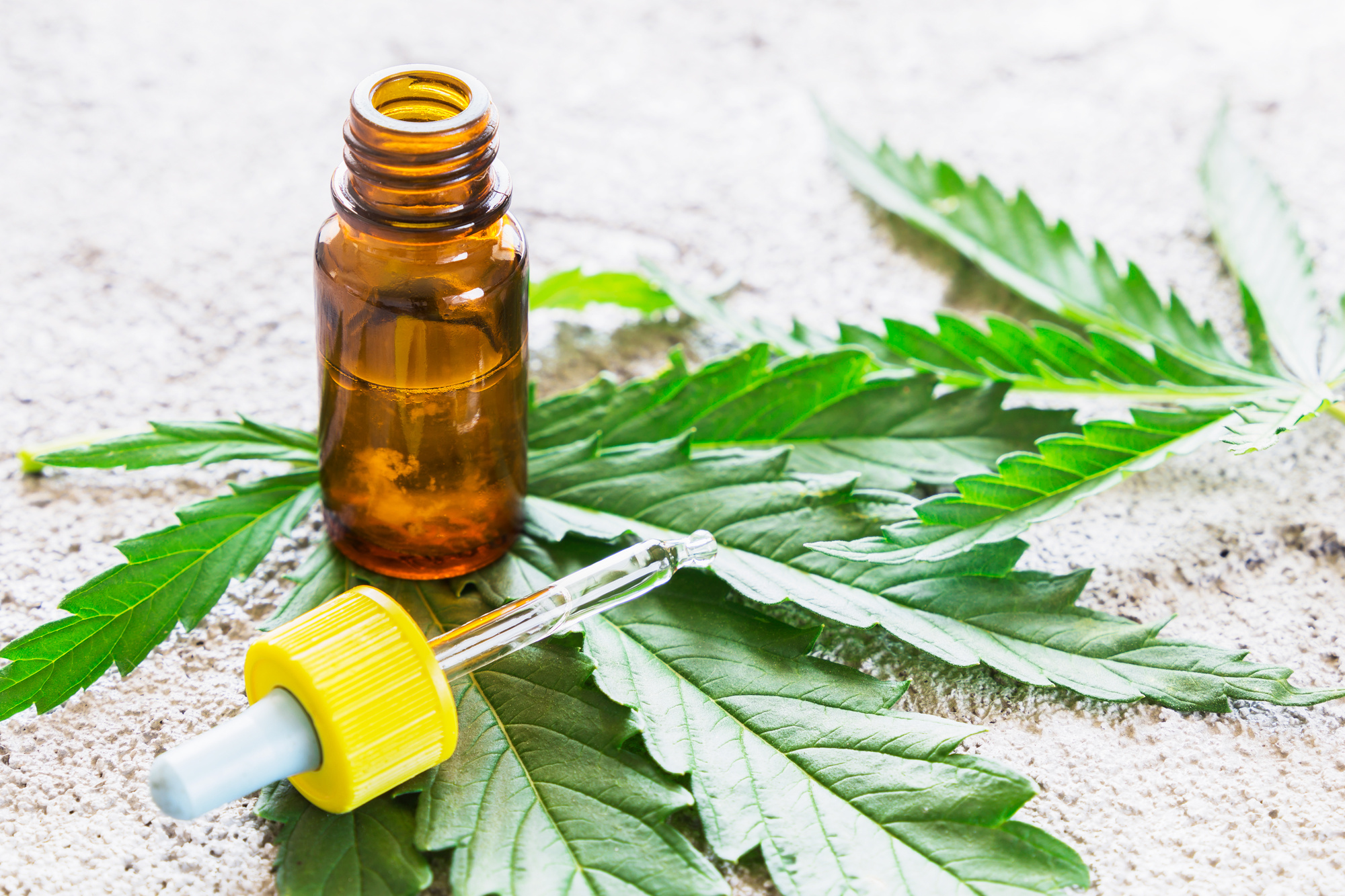Unless you’ve been hiding under a rock the last few years, you’ve heard of CBD.
It has been said that CBD can cure anything, from pain to hair loss to insomnia to cancer. Now, CBD may be a very useful plant-based drug, but it certainly is not a cure-all.
Before you use CBD for the first time, it is important that you have a little knowledge before you consume it.
What is CBD? What are the benefits? How do I take it?
We’ll cover 7 key CBD product facts that will make you an educated user.
Table of Contents
1. It Is From the Cannabis Plant
What is CBD?
Let’s get a bit into the science here. CBD stands for cannabidiol, and it is derived from the cannabis and hemp plants.
CBD is a component of marijuana but does not cause you to get stoned or possess any of the psychoactive components that THC brings about. It has a lot of similar effects as THC without the high, which is one reason it has become so popular.
2. Its Benefits Are Still Being Studied
It is extremely important to know that while CBD is touted as a do it all drug, it has only been approved to help treat epilepsy.
Though still being studied, there are a lot of possible benefits of using CBD. These haven’t been proven quite yet, but some studies and case studies indicate there is a positive effect of CBD.
CBD is often a good tool for those with anxiety and those who may have trouble falling asleep. Anecdotally, CBD can be used for pain and inflammation.
There is still a lot of research to be done, and it is so important to know what you’re consuming. Many animal studies have been done, but human ones are essential before we can figure out the long term effects of CBD on the body and mind.
The FDA recognizes the publics’ desire for cannabis and cannabis-plant products, so they’re working on getting things regulated and studied in human populations.
3. It Comes In Different Forms
There are several ways to consume CBD.
One of the most popular forms of CBD is CBD oil in a tincture. Usually, there is a small dropper and you can give yourself a proper dose directly into your mouth. It sort of tastes and has a similar texture to aloe.
Another way to take CBD is through pills. This takes away any icky taste the CBD may bring. CBD softgels are a good way to get a specific premeasured dose daily.
There are also topical forms of CBD via lotion and creams. You can apply the lotion directly to the area in pain or that needs relief.
You can also vape CBD or consume it in an edible!
With so many ways to try CBD, you’ll find your favorite in no time.
4. Legality is Complicated
It may seem that CBD is commonplace now, but make sure you’re familiar with the laws in your region.
In most states, CBD is legal. In others, it is legal with restrictions. The restrictions are usually sales and medically oriented (like, CBD can only be sold to those with epilepsy).
In a few states, CBD is still completely illegal. Know the laws in your state so you can stay up to date and out of trouble.
5. Dosage Matters
Depending on the form you use, you should be able to adjust the dosage.
In general, start with a low dose and work your way up if need be.
In oils and tinctures, there is a concentration on the outside label of the bottle for how many mg CBD per drop. Some tinctures could be 50 mg/drop while others could be 250 mg/drop. Be sure to check, adjust, and start low.
Gummies, edibles, and pills are often standard doses, usually about 5-10 mg per gummy. If you do change your brand, make sure that the dose is the same.
Changing dosages too quickly or having too high of a dosage can lead to side effects.
6. There Can Be Side Effects
One of the best parts of CBD to researchers and scientists is the ability to have a positive impact without having too many side effects. Many pharmaceutical medications that would be used instead of CBD have a plethora of side effects that may not be acceptable to some. CBD is potentially a great alternative.
While there are a lot of helpful aspects of CBD, there are still some possible side effects from taking it. While minimal, they should still be noted.
Drowsiness, nausea, diarrhea, and vomiting have been recorded as possible side effects. The presence of side effects could matter based on how you consume it.
CBD has been shown to possibly cause liver issues and can potentially impact the metabolizing of other drugs.
7. CBD Product Facts Have Been Falsified
CBD can help in a lot of ways, but there have been claims of CBD going above and beyond for your health. Can CBD help with sleep? Yes. Is it the magical fix-all drug that it is proclaimed to be? Maybe. There is still a lot of research going on about CBD, and we really don’t know as much as labels claim.
Some companies were caught by the FDA issuing statements about CBD that weren’t proven. So while there really are a lot of potential benefits, it is important to stay scrutinous and be educated about the real effects of CBD.
Are You Ready To Try CBD?
Think that CBD may be for you? As long as you’re an educated and responsible user, CBD can be helpful in many ways.
Since CBD has been labeled a miracle drug, be sure to keep an eye out for new studies that pop up all the time discussing the new benefits or flaws of CBD.
As long as you have knowledge of CBD product facts, know the risks, and have checked the legality in your state, CBD away!
















